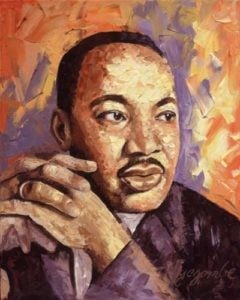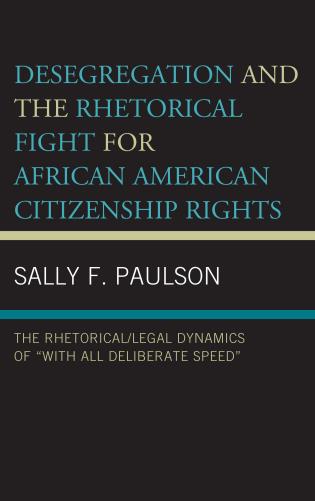First Posted in the Tri-State Defender
We see it every election cycle. They fly in at the last minute. They survey the spiritual landscape for the “hot spots.” They send word to the most persuasive personnel and mount the pulpit with promises and powerful tropes of solidarity. The savviest ones study a scripture or two and toss in some conventional theology to ease any skepticism among the congregation. They tally their votes. They move on to the next chocolate city. Rinse and repeat.
The black church is no stranger to the strands of tension between preachers, prophets, politicians and the parishioners with whom they have a relationship. Managing this sacred space takes discernment and discipline. Faith and politics are inseparable in today’s world. One’s faith tradition always impacts their electability and often influences their political affiliations. At the same time, those faith leaders that refuse to pay attention to the illusive intersections of church and state are doomed to become pawns in the chess game of campaign coordination.
I deeply believe that if our theology doesn’t take into account the social and political realities, our theology is irrelevant. Shouts, dances, whoops, hollers, and even budgets do not safeguard against black political exploitation. And to add insult to inspirational injury, our ministerial platform, which provides access to black bodies, is far too often ground zero for convenient political opportunism.
Most politicians (especially non-black ones) see black churches, primarily, as stomping grounds for access to black votes. Nothing more. Nothing less. Consider how many times white politicians visit black churches when there is not an election on the horizon. How many white politicians have a black pastor? How many of them are frequent and faithful members of predominately black churches? These are the critical questions that must be considered when they petition our people for support under the auspices of racial and religious solidarity. To be fair, black politicians can be equally manipulative and ought to be subject to equitable scrutiny.
I do not object to political candidates visiting or even being invited to the sanctuaries of our churches during worship service. I have had them in mine and they are more than welcome to return. But I do not endorse candidates. I do, however, try to provide our people with adequate access to engage candidates on the merits and specifics of their platform. I believe it is our responsibility to faithfully manage our public encounters with political figures, especially on Sunday mornings. We must be wise as serpents and gentle as doves to ensure we are not exposing our congregants to wolves in shepherd’s clothing.
Politicians are savvy. They are good at manipulating platforms for their personal benefit. Endorsements can come indirectly. As one wise pastor told me, “Sometimes the medium is the message.” Too often, people of faith – even pastoral leaders – are star struck. And in the age of social media, photo ops and Sunday selfies can easily become campaign support by proxy. Nowhere in the bible do we see Jesus on the stump with Caesar.
As a pastor, I dare not try to police another pastor’s pulpit. People are at liberty to do what they want and as they feel led by the God they serve. My aspiration is to raise a social consciousness and political perspective that preserves the sanctity of the black church.
In the 2008 campaign season, during a democratic presidential debate, Wolf Blitzer asked candidates John Edwards, Hillary Clinton and Barack Obama “If Dr. Martin Luther King were alive today…why do you think he would or why should he endorse you?” The soon-to-be President Obama replied, “Well, I don’t think Dr. King would endorse any of us. I think what he would call upon the American people to do is to hold us accountable…” POTUS is right. I think this is a fundamental responsibility and role of the black church’s role in politics. We must cultivate a political consciousness that empowers us to be the consciousness of the community.
We need prophetic voices to condition our community to demand policies that meet our needs from the people who keep posturing for our votes. We need more than pretty promises draped in religious rhetoric. I want to challenge our faith communities to develop a “black faith agenda” that we can collectively rally behind. I’m willing to contribute to it. Comprehensive agendas have more political power than the majority of Sunday sermons. Maybe we should trade in some of our pacified preaching for some prophetic political organizing.
Earle Fisher is a R3 Contributor
Donate to the Work of R3
Like the work we do at Rhetoric Race and Religion? Please consider helping us continue to do this work. All donations are tax-deductible through Gifts of Life Ministries/G’Life Outreach, a 501(c)(3) tax exempt organization, and our fiscal sponsor. Any donation helps. Just click here to support our work.













